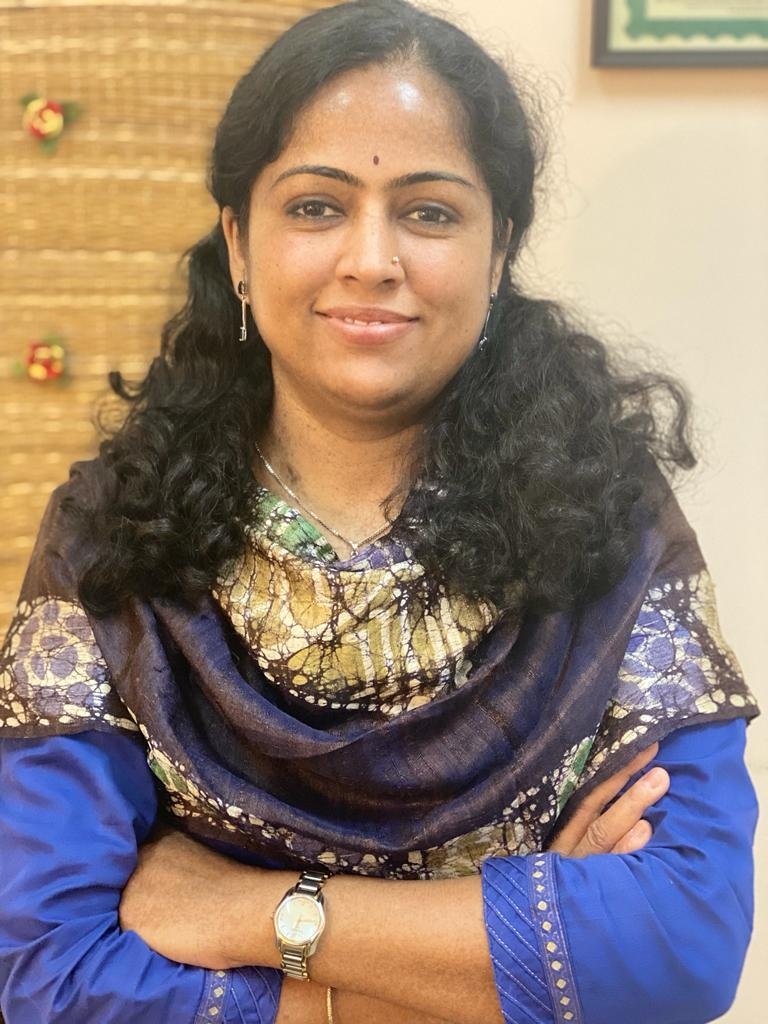Music, Rhythm, and Parkinson's Disease
Parkinson’s disease (PD) is the second most common degenerative neurological disorder. Rest tremors, slowness in movement, and loss of postural reflexes are the cardinal features of this clinical condition. In addition, patients experience non-motor symptoms such as cognitive and emotional deficits, mood changes, and sleep disturbances. Owing to the debilitating nature of this condition and the need to address both motor and non-motor symptoms, newer methods of treatment are being explored and researched.
This masterclass gave to the participants an overview of neuromusicology research in Parkinson’s Disorder. Music is known to engage and modulate different brain areas. The brain networks implicated in normal movements are also implicated in music and rhythm perception and production. Shantala Hegde gave an overview about the clinical condition, as well as the neuropathology and neuroscientific basis of carrying out music and rhythm based interventions.
About the Clinical Neuropsychologist
Shantala Hegde, is an Additional Professor and Consultant at the Neuropsychology and Neurorehabilitation Units, Department of Clinical Psychology, National Institute of Mental Health and Neuro Sciences (NIMHANS). She is the Intermediate Fellow of the Wellcome Trust UK-DBT India Alliance. Hegde has established and currently heads the Music Cognition Laboratory at NIMHANS, the first of its kind in India.
She is trained in Neurologic Music Therapy from the International Academy of Neurologic Music Therapy. She is also a student of music trained in Hindustani Classical. She has composed and sung for a music CD named ‘Uma Sahasram’ and continues to perform music.




